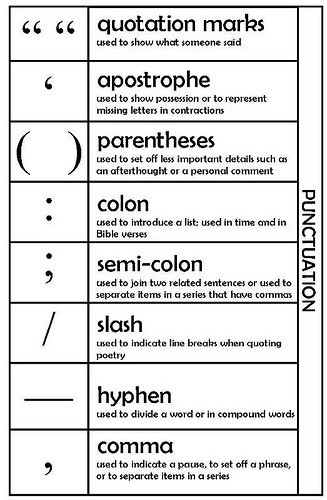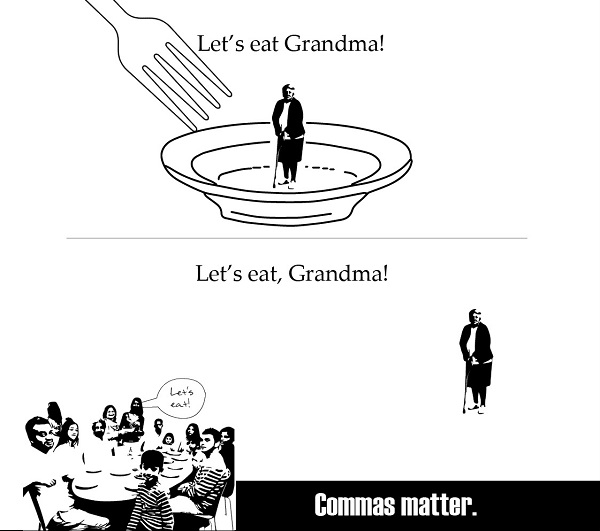
Simple and Basic Requirements in English
As you may have known, the grammar and sentence construction are not an easy systems to master, especially if you come from a school system that spent more time telling you about historical battles and quadratic equations rather than on how to read and write in a perfect way. This is truly a real problem in the society these days.
When we speak we can channel the messages across to others easily, but if we start to write these words down on paper, the writing is not interesting and does not connect with people's curiosities and fascination.
So when you write, you are actually not talking to a close friend. Truly, you ought to know that you cannot use slang and colloquialisms which perhaps only with your local community that can understand.
Today our very aim is to connect with all the people in the world, so let us make these 3 major steps an absolute crystal clear and enjoyable to read.
1) Do Not Overuse Slang and Texting 
Indeed, there are many English learners, especially the young ones, who often use slang or texting language. They are only trying to demonstrate that they have such a knowledge on idiomatic language, but the problem is that it can often lead to series of mistakes while conversing. You can avoid this by simply not using this type of language in comments or any kind of written communication. You can use it when you are texting, of course, but other than that you should eschew it. Nevertheless, slang is a part of spoken English, but not very often written especially in Business English.
2) Proper Use of Punctuation 
In fact, cadence, pauses and even the tone of a sentence in English, can be marked by a distinct punctuation. Thus you should know when to stop between fully formed ideas while speaking and to formulate your thoughts together when writing. However, the nominal and business English learners often struggle with the correct and precise punctuation marks. For so, it is essential for you to remember this simple rule:
The punctuation mark should be at the end and sometimes in the middle of the letter of a word and then followed by a space.
For example:
I go shopping every day. (full stop)
How awful! What a chaos! (exclamation marks)
What's your name? (question mark)
The film was a critical success; its lead actors were particularly praised (semi colon)
Malcolm's cat was extremely friendly (apostrophe)
We took a day trip to the Gibsons' house
We have a motto: live life to the full (colon)
The novel is clearly intended to be a post-Marxist work (dash)
3) Capitalisation 
Of course, it is understandable that as an English learner, you may be somewhat confused with the rules of capitalisation. But some of the common mistakes made are with national adjectives, nouns and language names. You are required to pay attention to these rules because they help you to minimise the mistakes. Capitalise = ‘I’, Capitalise = Nations, National Nouns and Adjectives.
For example:
- Italian - French - German - Russian
The first letter of the first word in a new sentence should be capitalised. Nouns, only when they are names of people, institutions, festivals; should be capitalised.
For example:
- New York - China - Hollywood - United Kingdom
- Boxing Day - Queen’s Day - Independence Day - St. Patrick’s Day
- University of Cambridge - Pingxi Lantern Festival - Carnival of Venice
For, as you faithfully and steadfastly comprehend and grasp the very basic roots of English, may you transcend into mastering the English language. Someday you will be a proficient speaker like you have never imagine. Remember, always do your best. WHAT YOU PLANT NOW, YOU WILL HARVEST LATER! 